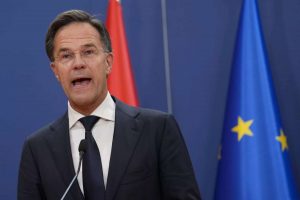With an estimated population of around 200, one of Europe’s smallest ethnic groups fights to safeguard its language and heritage from extinction, reported BBC. The language Livonian, spoken by the Finno-Ugric minority in Latvia, is considered by linguists to be on the cusp of extinction.
In medieval times, the Finno-Ugric race of fishermen flourished on Latvia’s remote shores in the west, with as many as 30,000 people speaking Livonian, reported BBC. Livonians over the years, in spite of their movement from German to Russian hands, and eventually in the 20th century, becoming part of an independent Latvian Republic, have preserved their unique heritage and culture.
Also read | Wine, betelnut for ‘spirits’: How this Taiwan tribe is saving its ‘culture’
When Latvia restored its independence in 1991, the Livonians’ extensive involvement in intermarriage with Latvians, and in later years, them being afraid of Soviet reprisals for speaking to their children in Livonian meant that the community was fragmenting and the language was diminishing. Grizelda Kristina, who died in 2013, is recognised as the last true native speaker of the language, leaving just a handful of Livonians who could communicate in the language, in any form, or to any extent reported BBC.
“That’s why our native language is almost extinct”, said Davis Stalts, a Livonian, to BBC. “Only 50 years did it. The Soviet Union did what 700 years of German times couldn’t. It’s difficult for my nation”.



